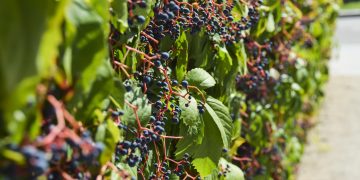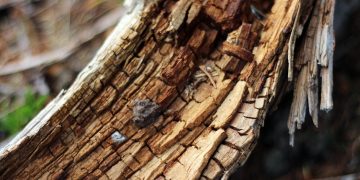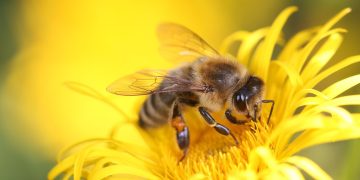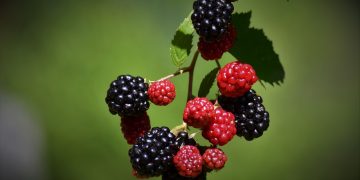Today, Farm Europe organized and hosted a discussion on New Plant-Breeding Breeding Techniques.
This event has been an opportunity to better understand the potential risks and benefits of the new plant breeding techniques, thanks to a direct discussion with well-known scientists. This debate’s aim was to shed light on the challenges in relation to the ongoing discussions around the future of plant improvements at European level and in EU Member States, in the context of the current regulatory framework.
Opening the debate, Farm Europe introduced the issue by specifying that today, the agri-food sectors are more than ever confronted with 3 major demands from our society: (1) to provide safe and quality food, (2) to keep rural areas lively and viable and (3) to optimize the good management of the environment and to fight more effectively against climate change. (A full briefing on NBTs is available here)
“Being able to answer jointly to these three challenges is for sure a challenge in itself, but a feasible one, if you accept to live in this Century, to make effective use of science and concentrate your efforts on double performance: economic performance and environmental performance” , Yves Madre stated.
Furthermore, he also underlined that “in an overall context of stagnation for EU agriculture, it is now time to reinvest in innovation and research, in genetics and to develop a concrete science-based approach in that respect”.
New breeding techniques are said to be promising as modern and faster extension of usual traditional breeding techniques. But if the aim is to develop sensible policies and orientations based on solid ground, the first question to be answered when it comes to NBTs is: What are we talking about? And precisely:
- Scientifically, what are NBTs in simple words?
- Economically, what are the expectations and what is already known?
- On Environment, is there any added value?
Three high-level panelists addressed today’s issue from the scientific point of view: Dr. Eli Khayat researcher at Rahan Meristem, Professor Piero Morandini, researcher in Plant Physiology at the Department of Biology of the University of Milan and Dr. Emmanuel Guiderdoni, scientist working at the Biological Systems Department of CIRAD.
Professor Piero Morandini presented what NBTs are in relation to plant breeding, and more specifically CRISPR/Cas9 as “this technique is going to have the greatest impact on our society if we are wise enough” and it will be the most applied technique in the future. In this context, he underlined the implications to plant breeding and discussed the comparison with traditional techniques, also by giving an overview of the current regulatory framework in Europe. “With transgene-free genome-edited plant you can have the genetic change where you want and furthermore every gene conferring bad traits can be selectively knocked-out” he said.
Dr Eli Khayat, gave the perspective of a commercial breeding company. He focused on the NBTs innovations already available worldwide and on what can be expected next in terms of developments and their economic aspects. Specifically, he stressed that “not all NBTs are created equal” and that “some of them are detectable but this is not the case for all of them and so we should distinguish between different techniques according to this aspect”. Furthermore, he also stressed that “with these new techniques we have many possibilities to target genes. Of course, there are challenges in this technology but they can be easily overcome”.
While Dr. Emmanuel Guiderdoni from CIRAD explained the impacts of NBTs from an environmental perspective, what can already be said and what can be expected. His current work focuses on the impact of these new technologies and on selecting traits which are of genetically importance. Specifically, he said that they are collaborating in breeding programs on rice, with the aim to reduce nitrogen in fields. “Crispr-Cas9 is a fantastic tool” he argued, “we can target specific improvements on a single trait”.
The three scientists agreed on one very straightforward concept: the use of some of these NBTs (notably the CRISPR-Cas9) can play a key role in allowing plant breeders to introduce in an efficient way, very precise, targeted genetic modifications, which have the capacity to fasten the selection speed.
In other words, this translates into: low cost, ease of use and speed up of innovation processes, when compared with conventional plant-breeding techniques. Furthermore, NBTs are not only a valuable option for breeders, but these modern biotechnologies also allow to develop plant varieties that can adapt to climatic changing conditions and ensure high level of biodiversity.























































Discussão sobre este post